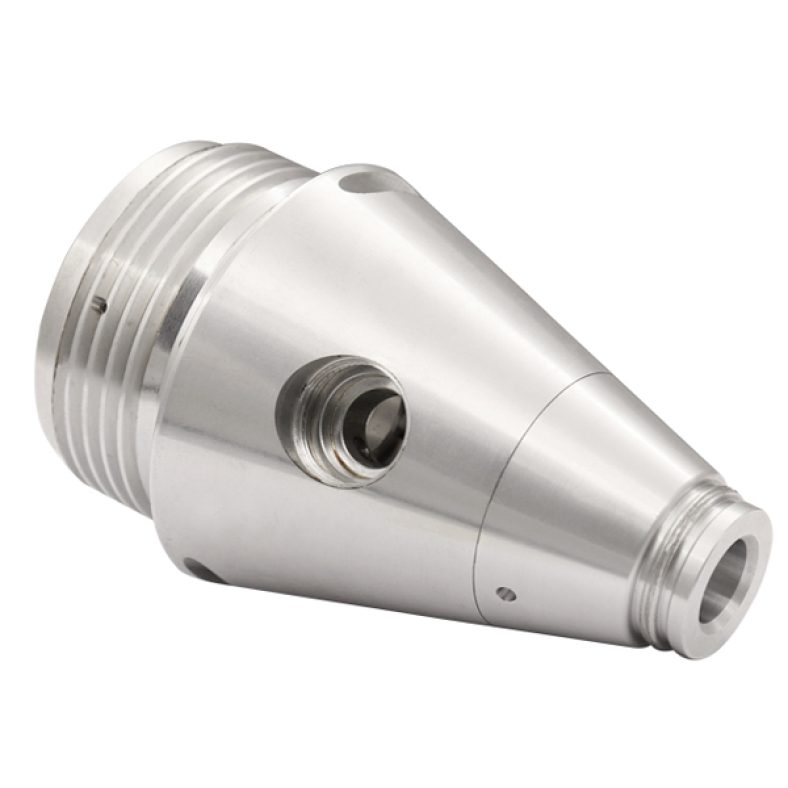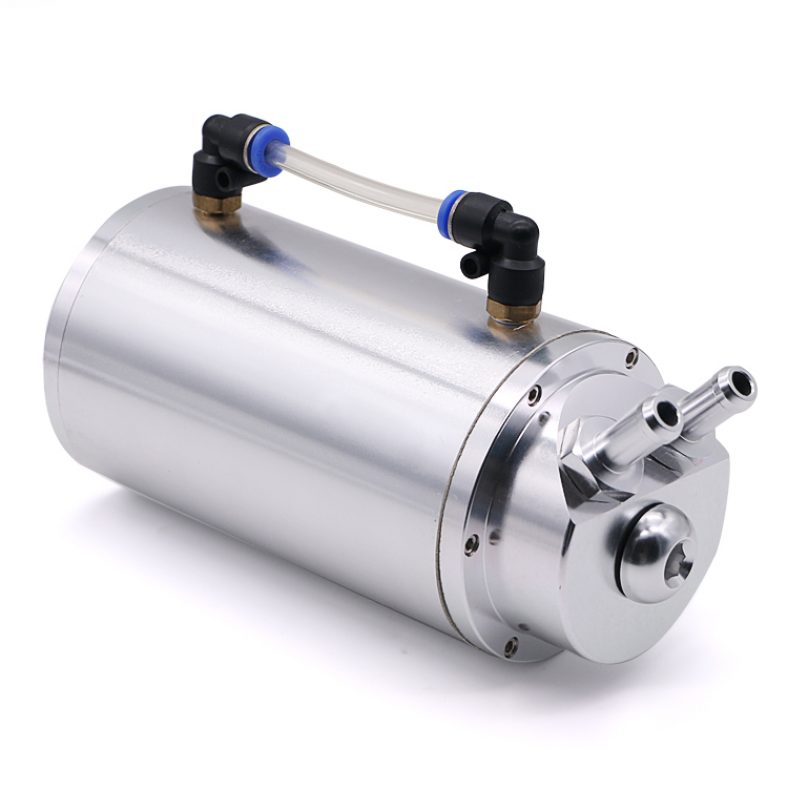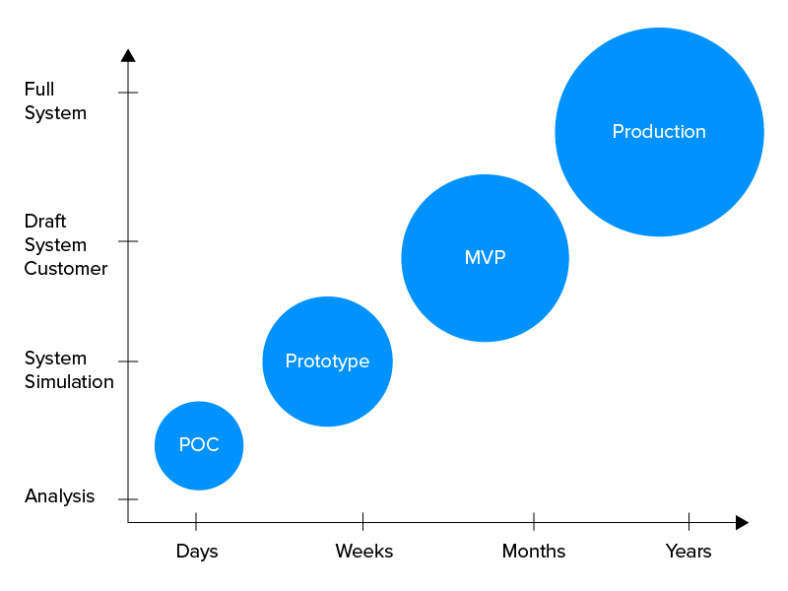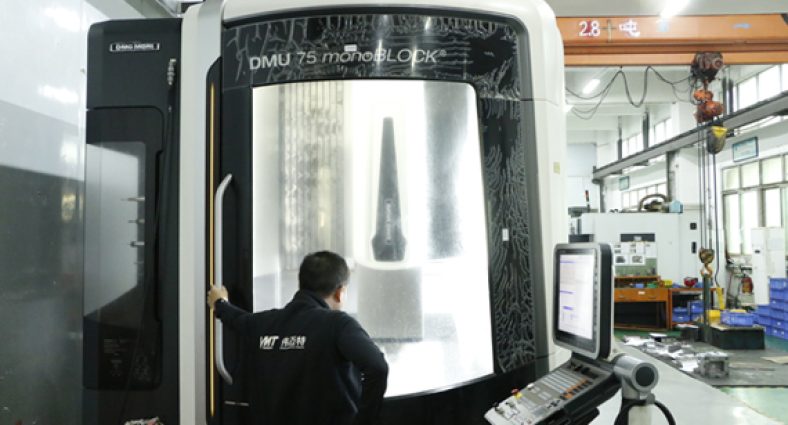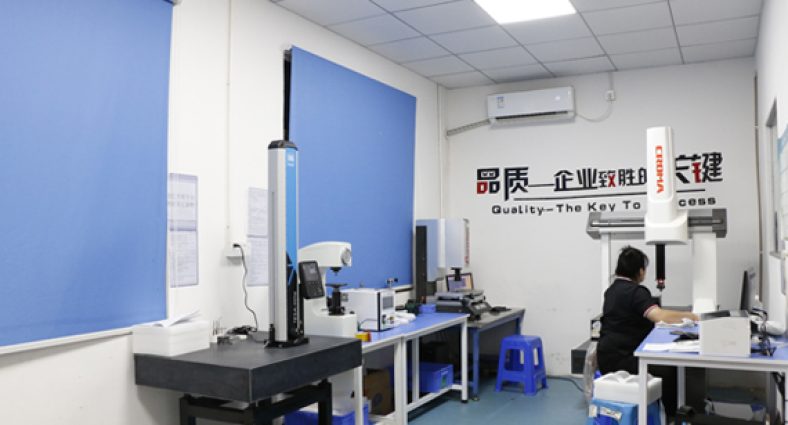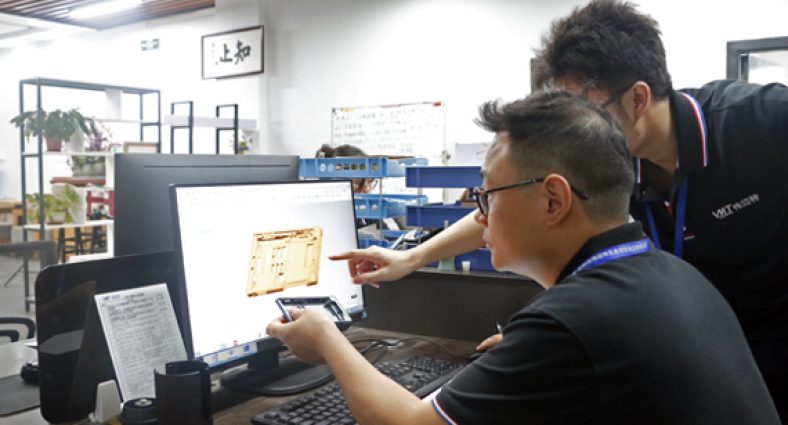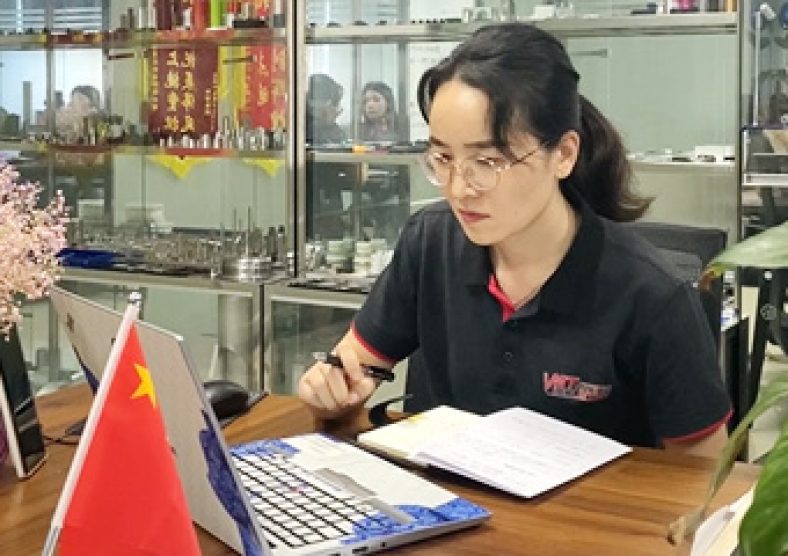What is CNC Interpolation Machining?
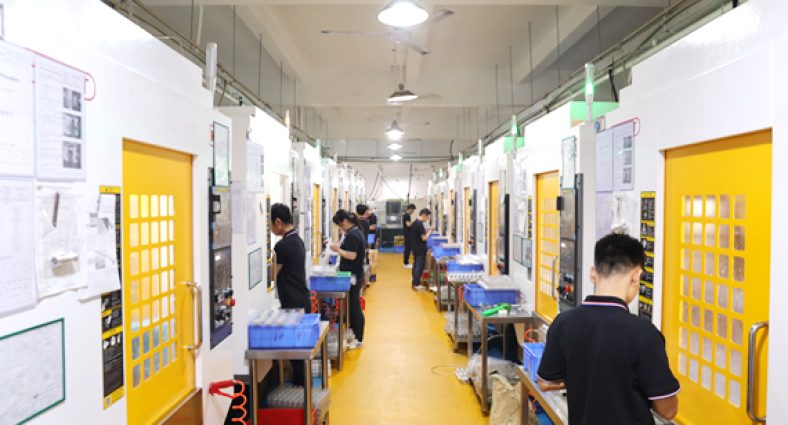
Interpolation in CNC (Computer Numerical Control) machining refers to the process of calculating intermediate points between two known data points on a trajectory. It involves determining and generating the tool’s path or motion between these points to create a smooth and accurate toolpath for manufacturing. There are Various Types of Interpolation …
